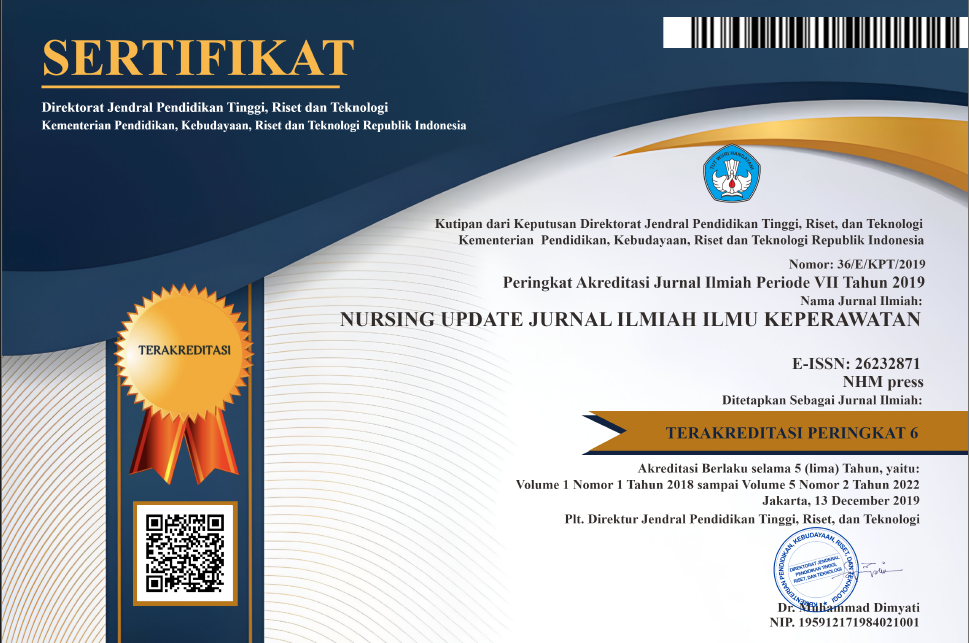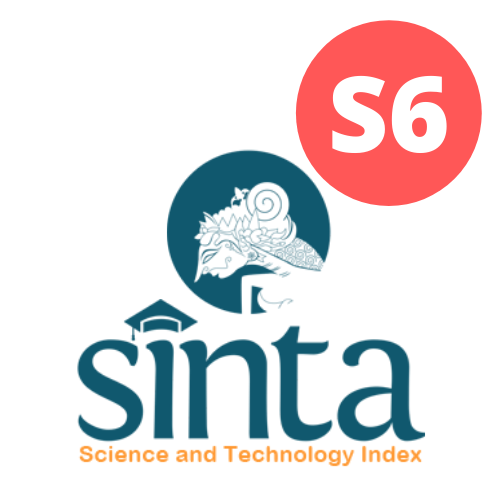ANALISIS FAKTOR KELUARGA DALAM PEMBERANTASAN SARANG NYAMUK PENYEBAB MALARIA
Abstract
Malaria is still a major public health problem worldwide, transmitted by mosquitoes that carry the Plasmodium parasite. All people and age groups can be affected by this disease, men or women. Almost all regions of Indonesia, especially the eastern part, have the highest cases. In South Sumatra there are 10 regencies/cities that are endemic for malaria, one of the regencies that still has malaria transmission cases is Muara Enim, which is 3215 cases in 2019. The purpose of this study was to determine the relationship between knowledge, attitudes and family behavior in eradicating mosquito nests. (PSN) malaria in Lubay Ulu District, Muara Enim Regency. Methods The research is a quantitative analytic survey with a cross sectional design, a sample of 238 families. It was found that 37 of 77 respondents suffered from malaria, 71.4% of respondents had good knowledge, 28.6% were not good, 57.1% had a positive attitude and 42.9% have a negative attitude in the prevention and eradication of malaria. there are 59.7% of respondents who have made efforts to prevent and eradicate malaria, and 40.3% who have not made these efforts.
The bivariate test showed that there was no relationship between knowledge and action with malaria cases, but there was a significant relationship between attitudes and the incidence of malaria in the working area of the Beringin Public Health Center, Muara Enim.










